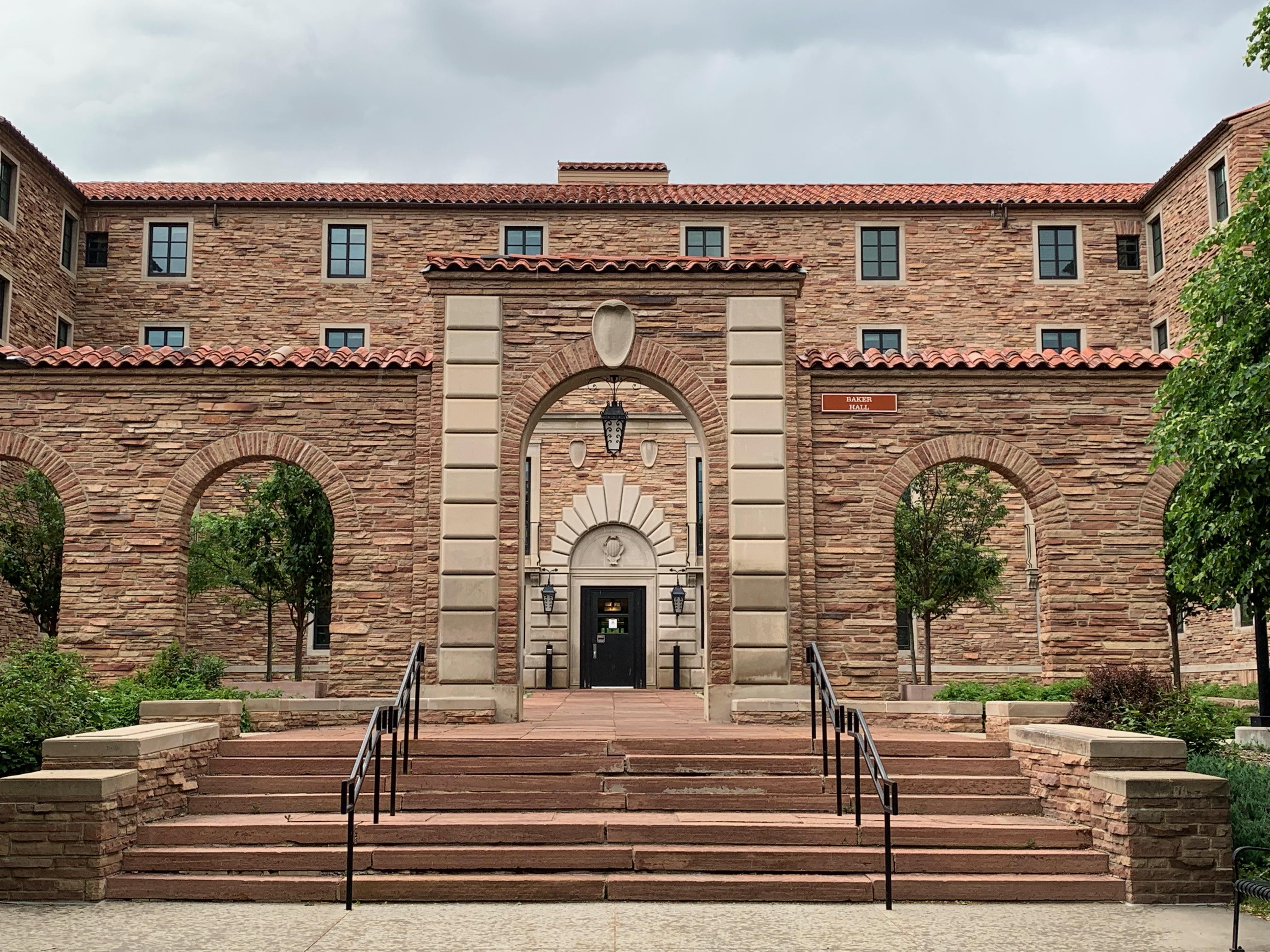The Importance of Extracurricular Activities at Application Time
Last Updated on March 29, 2023 by Jill Schwitzgebel

Despite the pandemic, in the past year, most students have had opportunities to take part in activities outside of school. It may be volunteering, athletics, a job, or special interest clubs or some combination of all of those. And while all applicants would like their extracurriculars to stand out, it’s difficult to make that happen. Most above average students are not curing cancer in their spare time. Essentially, the list of extracurricular activities on students’ college applications is conveying to admissions officers that students are involved in their community beyond just academics. They want to see that the student will contribute in some way to a college community. Officers are interested in seeing what students are interested in outside of the classroom.
So let’s dispel some myths related to extracurricular activities when it comes to college admissions:
Myth #1
More is better.
How can a student make themselves stand out at application time, if there are thousands of other applicants with similar activities lists? Often, motivated students believe the best way to stand out is to join every club and participate in every community service event that they can pack into their schedules. They want to show admission committees how versatile they are and how well they managed their time. These are the students who feel that ten spaces for activities on the Common Application is just not enough. And don’t get me wrong, it’s not a terrible thing, as long as the student has enjoyed all of their participation. Hopefully, the student has learned something about themselves from their varied activities, and that is of course, invaluable. But, it is not necessarily going to make an applicant stand out in any way.
So what WILL make a student stand out to an admissions officer or committee? Not fifteen completely random activities. Passion. Depth. Focus. Impact. If the student is one of those who participated in fifteen different activities, I recommend listing the ones where the student can demonstrate that they made an impact. Those are often ones where the student served in an officer role or served as a team captain or as a supervisor in their summer job. Maybe it’s the ones where they dedicated most of their hours. Or maybe it’s the activities that they just truly loved doing.
Myth #2
It’s bad to have only a few activities.
This is related to Myth #1. There is so much stress related to whether students have “enough” activities. What students need to understand is that it is completely okay to have only a couple of activities if they are showing real commitment or passion in those activities. It’s very possible for only a few activities to fill up the bulk of a student’s free time. For instance, a Scout might be camping with their troop some weekends, working as a counselor on other weekends, and also assisting at service projects and at troop meetings. That can take a lot of time.
Colleges prefer to see students pursuing a couple of activities in-depth, rather than a huge range of superficial ones. That depth is going to be what makes a student stand out as more than just another application packet among other students with long lists of extracurriculars.
Myth #3
Colleges value some activities more than others.
There are not certain extracurricular activities that look better than others. Colleges do not rank the marching band above chess club or vice-versa at admissions time. It does not work that way. Students should participate in the activities that they enjoy, not ones that they think a college will like. It will come through on their application. Again, it goes back to being able to show how they contributed, why they loved it, and how they are likely to use that experience later on in college and the world. The only way a college will judge an activity as less important than another one is if it is obvious to them that the student was just checking a box by participating. If the student is involved and engaged, colleges value that.
Having a job is not less valued than a school-related activity on the application. That job might very well be providing valuable experiences that students would not get through any typical school club or sport.
There are some activities that the military academies highly value in applicants. Among those are things like participating in team sports, achieving the rank of Eagle Scout or the the Girl Scout Gold Award, and participation in Boys or Girls State.
Myth #4
Formal leadership is all that matters.
One final myth is that without formal leadership experience in an extracurricular (officer, captain, supervisor, etc), colleges will be dismissive of a student’s participation. That is not true. Not every college applicant could be class president. At most high schools, there simply are not enough leadership roles for every college applicant to have one. However, it is true that the college is going to award extra “points” to students who have led their clubs or teams. And it is true that if your student is applying to highly competitive colleges, they are going to be mainly competing with students who have held formal leadership roles in high school.
While not every student can show formal leadership on their resume, it IS helpful if one of their recommenders can talk about how they did show leadership in their class or on the team.
Finally…
When it is time to write their essays, many students are tempted to re-hash all of their extracurricular activities. But, they need to avoid writing a generic list of all of their activities and what they learned from each of them. That’s just not going to catch anyone’s attention. Do NOT use the essay that way. Instead, if the student is going to talk about any extracurricular, they should choose just one and go in-depth about WHY that one was so important or talk about a particular moment in time that was meaningful during that activity. For instance, I know a cross country runner who wrote an essay about running and described the things he thought about during one particular solitary long run. It conveyed his love of running and the ability to just let his thoughts flow, without a single mention of cross country.
Better yet, would be to talk about some other aspect of their personality that the admissions officer couldn’t have gotten from reading the rest of their application. Students should remember that they are so much more than their resumés. The essay is the opportunity to remind an admissions committee of that.
See also: High School Community Service – What You Need to Know









